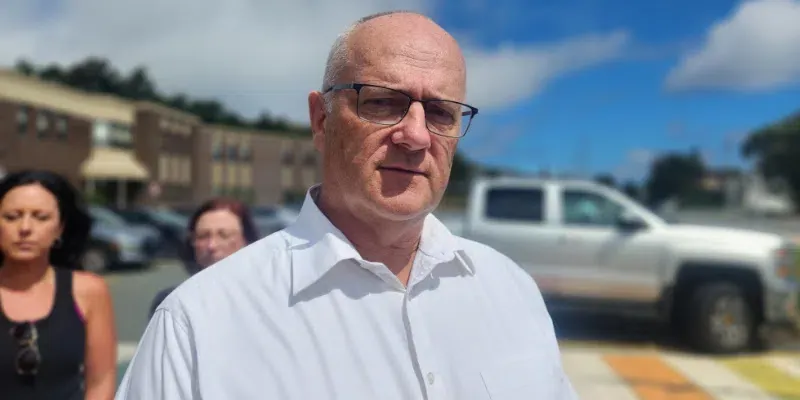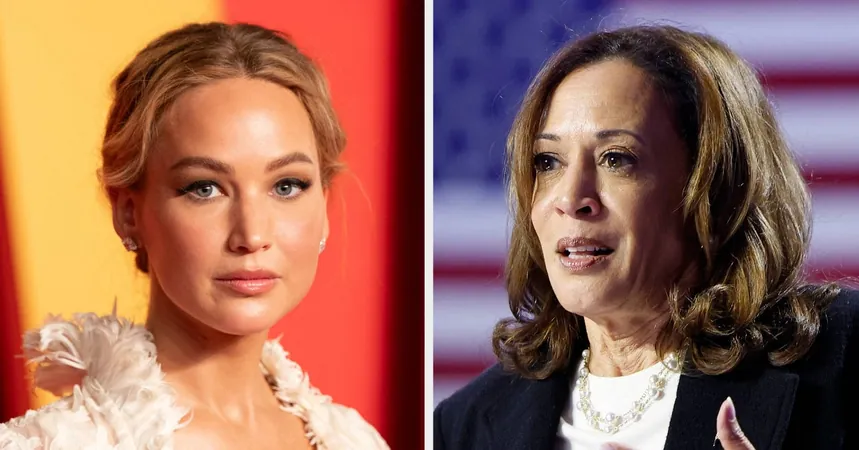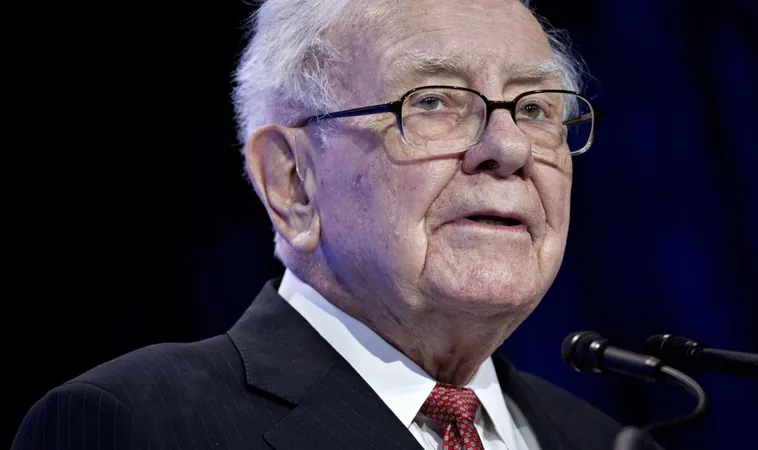
New Restrictions on Extracurricular Supervision Spark Outrage in K-12 Education
2024-09-26
Introduction
A heated debate is brewing in the K-12 educational landscape as the Progressive Conservative (PC) Opposition alleges that a stringent interpretation of adult supervision rules is hindering extracurricular activities across schools. This controversy arises from a perceived shift in policy that critics argue is adversely affecting student participation in sports, music, and other vital programs.
Claims by the PC Opposition
PC MHA and Education critic Paul Dinn is vocal about his concerns, claiming that feedback from various schools indicates a change from an 'expected' presence of teachers at events to a 'required' presence. According to Dinn, this subtle but significant distinction has raised alarms among educators and has led to a detrimental impact on school programs.
"Required means it’s mandatory, which is where the confusion and issues stem from," Dinn stated. He reported that some teachers seeking clarification received emphatic communications confirming that supervision is now a requirement for all extracurricular activities.
Response from the Education Department
In response to these claims, Terry Hall, the assistant deputy minister of Education, insists that the existing guidelines are long-standing and have not undergone any recent changes. He reassured stakeholders that the department is working diligently with teachers to ensure student opportunities to engage in extracurricular activities remain intact. Hall emphasized that while a teacher’s presence is expected, alternatives could provide proper supervision, stating, "Ultimately, it is the responsibility of the school to offer these activities as an extension of the school day."
Effects on Schools
However, the situation has already shown its effects. Dinn cited reports from schools that have seen a drastic reduction in their extracurricular offerings. One institution noted a drop from 35 teams to just over 20. Other schools have cancelled tryouts, postponed tournaments, or reconsidered staging school plays altogether, leaving both students and faculty feeling frustrated.
Broader Implications
The implications of this newfound rigidity raise important questions about educational policies and their consequences for student engagement and development. Are we witnessing the slow erosion of vital programs that enrich the educational experience? Educators and parents alike are left to ponder the future of extracurricular activities in a system that seems to be at odds with its very purpose.
Conclusion
As discussions continue, it's clear that the fallout from these regulatory interpretations could not only diminish student involvement in essential programs but may also further strain relationships between school administrations and teaching staff. The community is watching closely—will action be taken to address these challenges before it's too late?









 Brasil (PT)
Brasil (PT)
 Canada (EN)
Canada (EN)
 Chile (ES)
Chile (ES)
 España (ES)
España (ES)
 France (FR)
France (FR)
 Hong Kong (EN)
Hong Kong (EN)
 Italia (IT)
Italia (IT)
 日本 (JA)
日本 (JA)
 Magyarország (HU)
Magyarország (HU)
 Norge (NO)
Norge (NO)
 Polska (PL)
Polska (PL)
 Schweiz (DE)
Schweiz (DE)
 Singapore (EN)
Singapore (EN)
 Sverige (SV)
Sverige (SV)
 Suomi (FI)
Suomi (FI)
 Türkiye (TR)
Türkiye (TR)